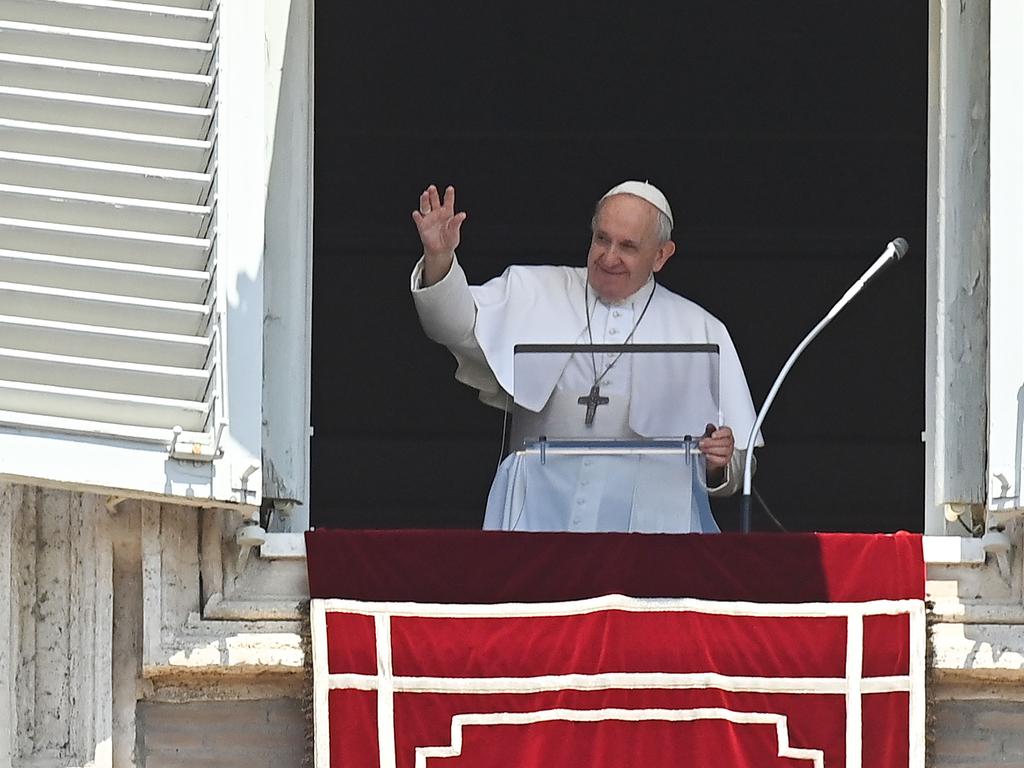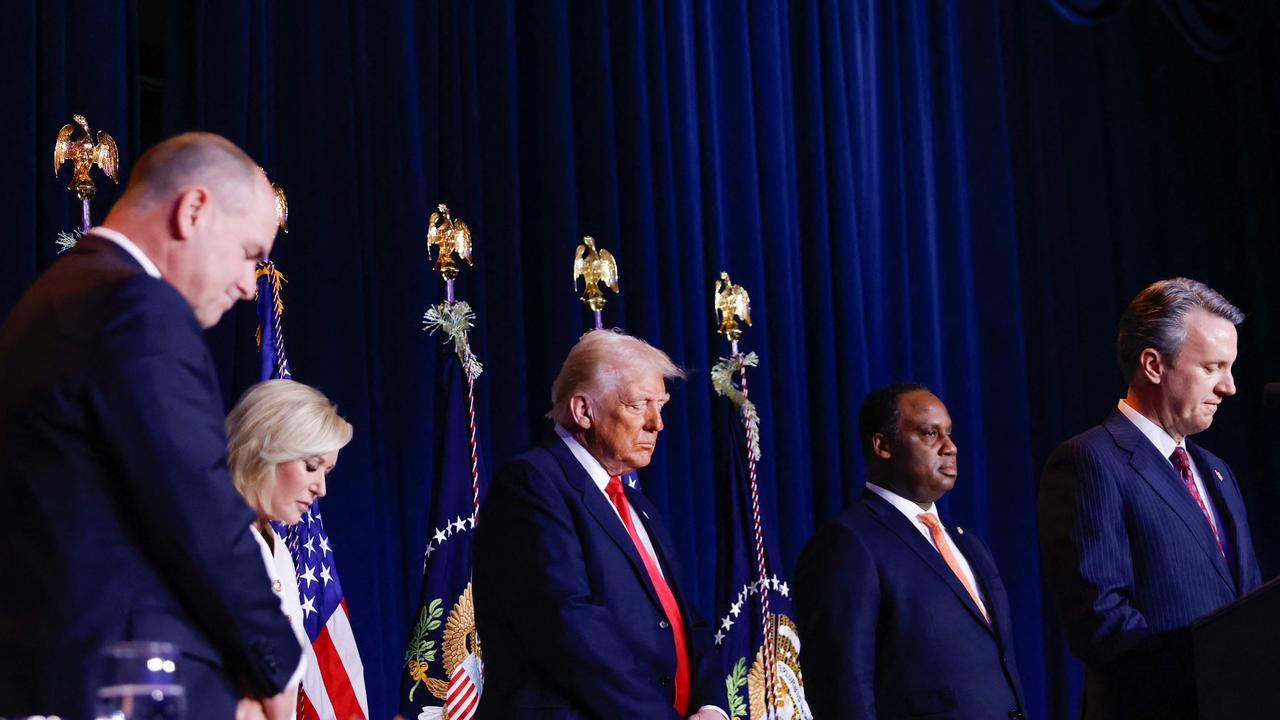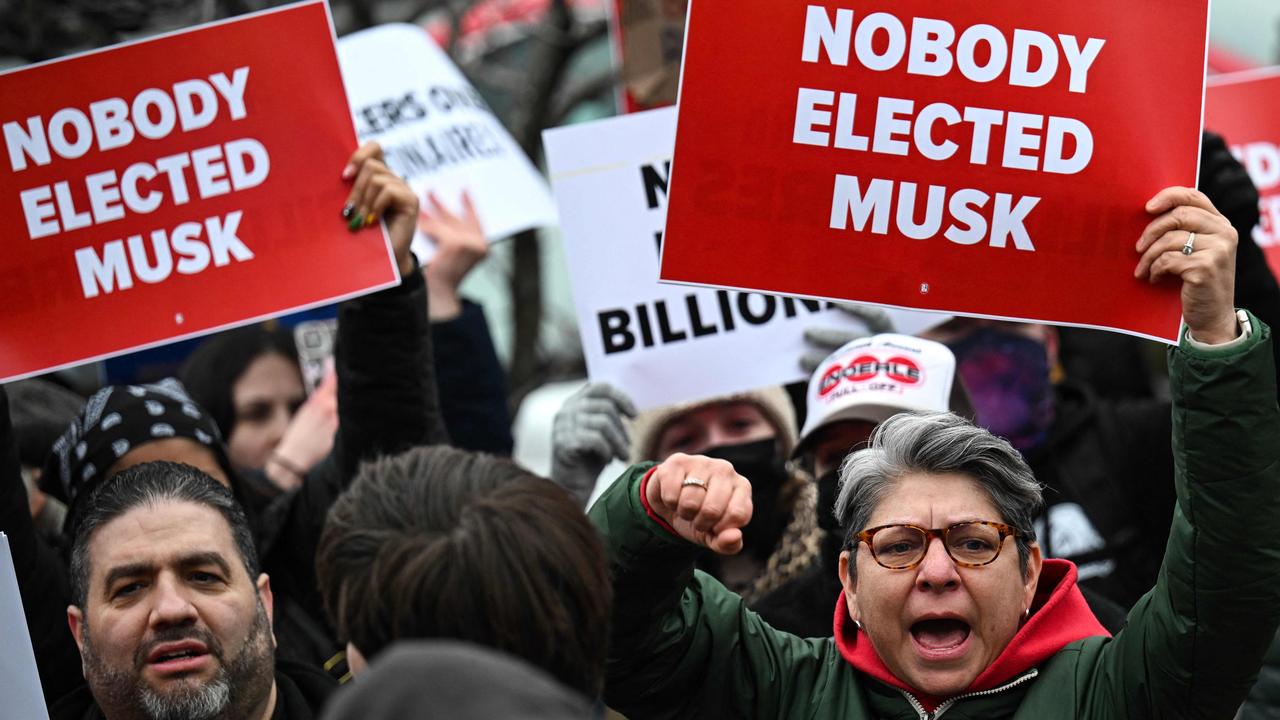Unease as secular symbol of Hagia Sophia reverts to mosque
The Hagia Sophia decision is aimed at rallying Erdogan supporters, but some critics see it as an attack on Christians.
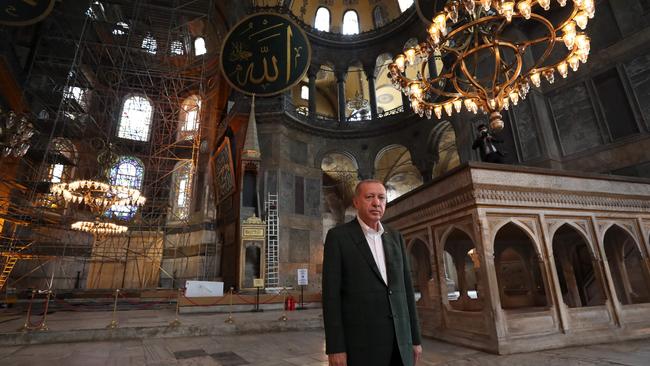
On Friday afternoon, Mehtap — a deeply religious woman from Izmir, on the western coast of Turkey — was standing outside the Hagia Sophia in Istanbul, gazing in wonder as the late afternoon sun played over its great domes and ochre facade.
In a week’s time, she hoped, she would walk through the gates and perform Friday prayers under the soaring arches, with the names of God, in curlicue script, on the walls around her.
The great cathedral of Byzantium — the centre of the eastern Roman Empire — built by the Emperor Justinian in the sixth century and converted into a mosque by the Ottoman sultan Mehmed the Conqueror in 1453, has for the past 85 years been a museum, a symbol of modern Turkey’s secularism. This month, after a top court ruled its conversion into a museum was illegal, it became a mosque again on the orders of President Recep Tayyip Erdogan — stoking joy among his supporters and horror among his detractors.
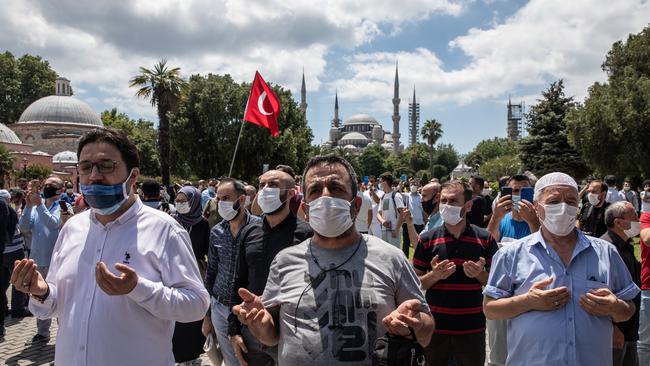
“I’m so happy, so very happy,” said Mehtap, dressed in a long black coat and a brocade headscarf. “Our president has done this for us. We’ve been waiting for so long. It was a mosque in the Ottoman times and now they are opening it for us again. Christians can come there too, it’s not a problem.”
For her, and for many other Turkish religious conservatives, the conversion of the Hagia Sophia into a mosque is the culmination of a dream of dismantling what they see as the humiliating secularism imposed on them by the modern nation’s founder. Mustafa Kemal Ataturk, who wanted to turn Turkey away from its Islamic roots towards the West, horrified many believers when he walked into the Hagia Sophia with his shoes on — unacceptable in any mosque — and declared that it would be a museum.
Under Ataturk’s direction, the golden mosaics showing Justinian and his Empress Theodora, the Virgin Mary and the painted seraphim were brought out and restored from behind the layers of plaster and dust that had hidden them for centuries, in line with Islamic restrictions. Now, they will be covered up during prayer times. Visitors will have to dress modestly, and women will be expected to wear headscarves.
For the tens of millions of secular Turks devoted to Ataturk’s principles, the conversion of the Hagia Sophia is a violation that has confirmed their worst fears about Turkey’s leadership.
“It’s like a psychological attack against the Christian population,” said one local tour guide. “It’s just saying, ‘I’m strong and I’ve made this decision. Deal with it’.”
Conservative Turkish politicians and public figures have flirted since the 1960s with the idea of turning the Ayasofya, as it is called in Turkish, back into a mosque. Poets have eulogised its gravitational pull to the Islamic world, romanticising an era of lost greatness.
Outside the building last week, critics and supporters alike were waiting to see what would come next. A police barricade blocked the courtyard in front of the Hagia Sophia, which has been shut to visitors. A handful of tourists stood looking over the barricade towards the entrance, surrounded by dozens of policemen and security guards.
“As long as people from different religions can still visit and nothing is destroyed, it’s not so bad,” said Alex Webb, 33, a doctor of physics from England on holiday in Istanbul. “This is part of humanity, not part of religion.”
The Sunday Times

